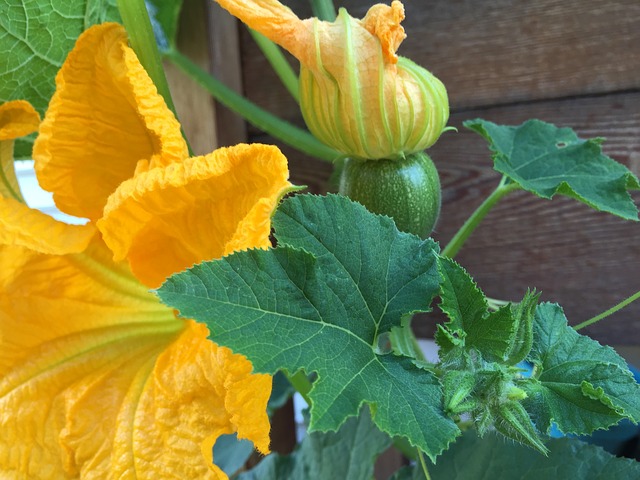
It’s mid-July, and your garden is really cooking thanks to all the long hours of hard work that you put into preparing your soil earlier in the year.
Or, maybe you are like many of us—wishing that you had put more time into soil preparation back when the gentle breezes and cool showers of spring made it hard to imagine that there’d be endless days of 90-degree heat!
Don’t despair, however, if your tomatoes seem tired and your cucumbers look like they might conk out. It’s not too late to take advantages of the benefits of volcanic basalt to give your plants the mineral boost that they might need to perk up and thrive.
What is volcanic basalt, exactly?
Volcanic basalt is the rock material from which many soils around the world have been formed. In fact, it is the most common rock in the Earth’s crust and most of the ocean floor is made of basalt.
Compared to other volcanic rocks which are high in quartz, basalt weather relatively quickly which means it breaks down readily in soil. Applying finely ground basalt powder is like adding a fresh deposit of natural soil minerals to your lawn and garden. Basalt begins to release nutrients to plants as soon as the roots make contact and additional nutrients become available with ongoing weathering. The result is a steady flow of nutrients over time.
Ideally, basalt is incorporated into the soil at the beginning of the planting season. But it is also a very effective top-dressing, releasing essential minerals and nutrients to help your plants flourish throughout the growing season. Its cumulative effect means that it will continue to improve the structure of the soil every time it is applied.
Mid-Season Application
Fruits & Vegetables: Rake or lightly till a high quality basalt powder such as Cascade Minerals Remineralizing Soil Booster into the soil around your plants (approximately one cup per plant), then water. You can do this once a month, or whenever you see new bursts of growth. The plant will transfer the extra nutrition from the minerals in the basalt into the development of fruit and vegetables that taste better and are more nutritious.
Container Pots: Use approximately one to two teaspoons per every inch of pot diameter. Lightly stir into the top of the soil, and water. Apply once per month.
Lawns: By mid-summer, lawns can begin to look tired and worn. To maintain your lawn, apply volcanic rock dust as a top dressing once per month (we recommend 5 to 10 lbs of Cascade Minerals per 200 square feet of lawn applied with a lawn spreader or by hand).
Visit our application page for more helpful hints and complete application rates.
About Cascade Minerals
At Cascade Minerals, we use massive stones from Central Oregon’s legendary Cascade Mountains to produce the highest quality volcanic basalt powder available. Because Cascade Minerals is not a fertilizer and contains no synthetic chemicals or man-made additives, it is safe to use around your plants, children and pets when used as directed.
